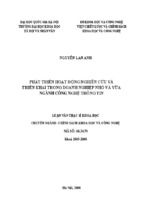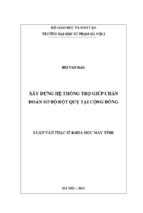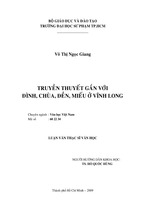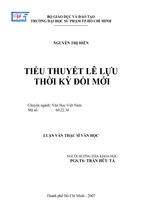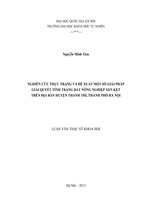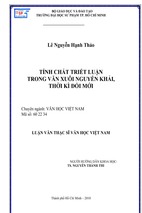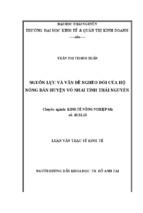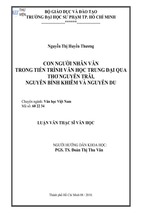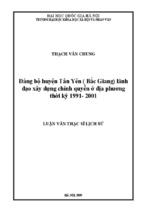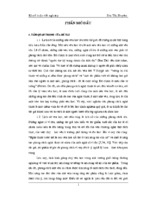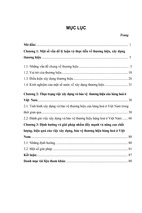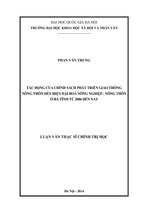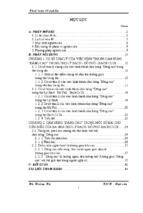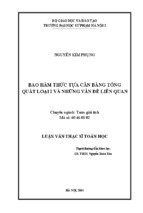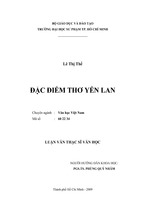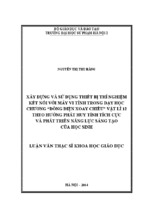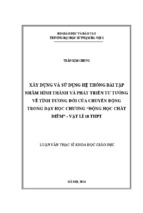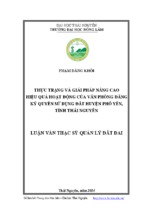Mô tả:
This thesis focuses on the similarities and differences in the speech act of comforting among students in American and Vietnamese cultures. The objectives of the present study are to investigate: (i) what topics Vietnamese and American students suggest comforting in their culture, (ii) what comforting strategies Vietnamese and American students use in the situations studied, (iii) what and how socio-cultural factors; namely gender and relationship affect the choice of Vietnamese and American students’ comforting strategies in the situations studied. Topics and strategies realized for comforting are analyzed with data taken from two questionnaires for the Vietnamese and the English students. The first type of questionnaire is Metapragmatic one which was used to explore the appropriate situations’ topics for comforting in two subjects’ cultures and to test the validity and reliability of the situations’ topics. The second questionnaire based on discourse completion task which was used to elicit some forms of comforting from native students of American English and Vietnamese. The results of the DCT were collected from 15 AES and 22 VNS and their responses were classified into eight comforting strategies with the type of quantitative analysis. The results gave out significant differences as well as similarities in the use of topics and strategies between AES and VNS across two situations. Besides, the socio-cultural factors of relationship and gender did have more or less influence on the preference of topics and strategies for comforting peers in which the influence of the relationship is greater than the effect of gender. Therefore, being aware of pragmatic competence is of great importance in cross-cultural communication

